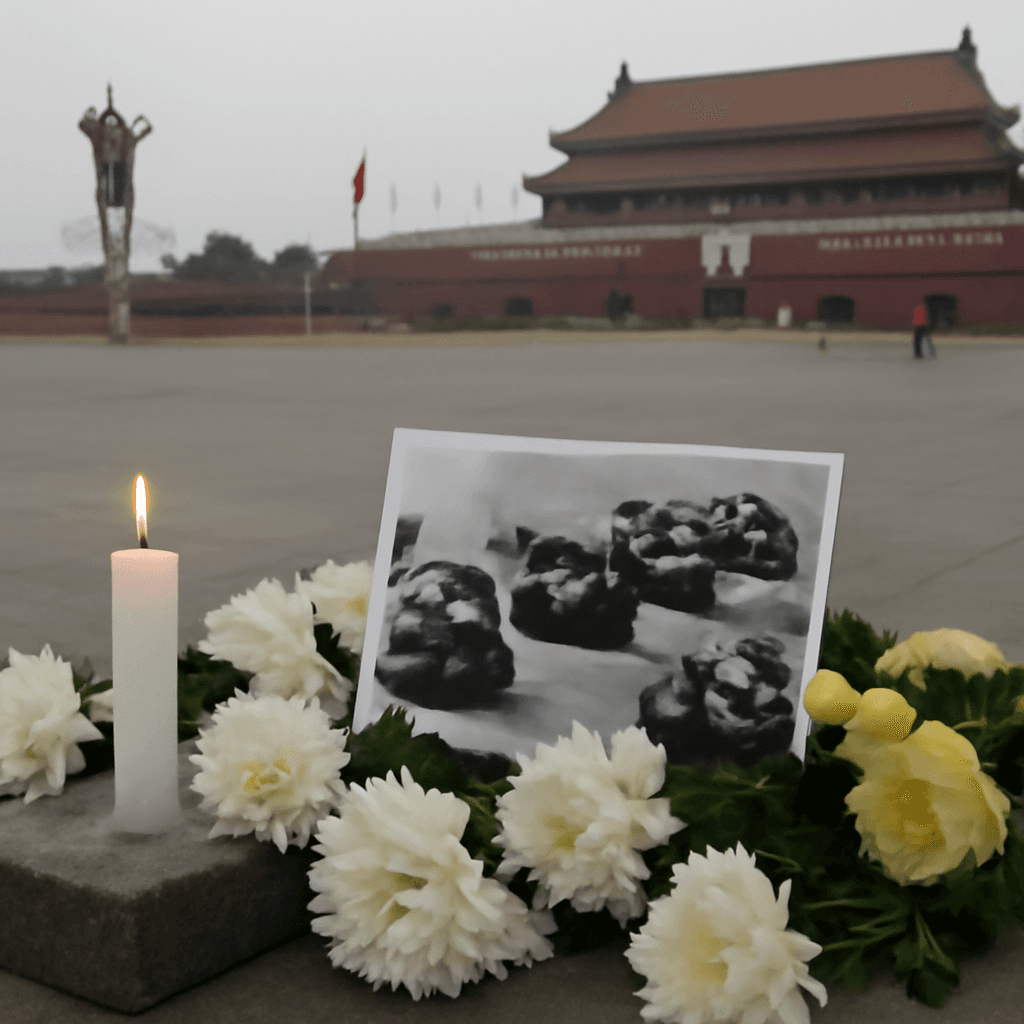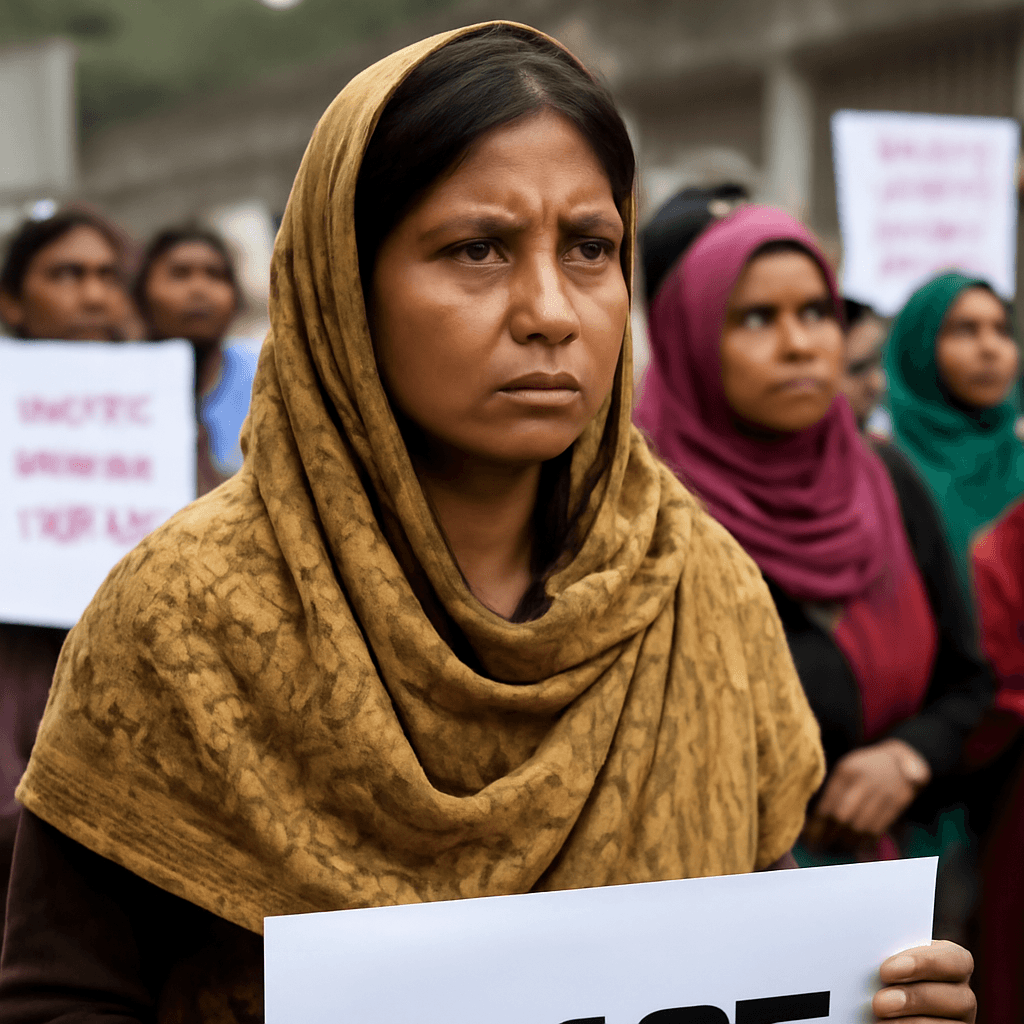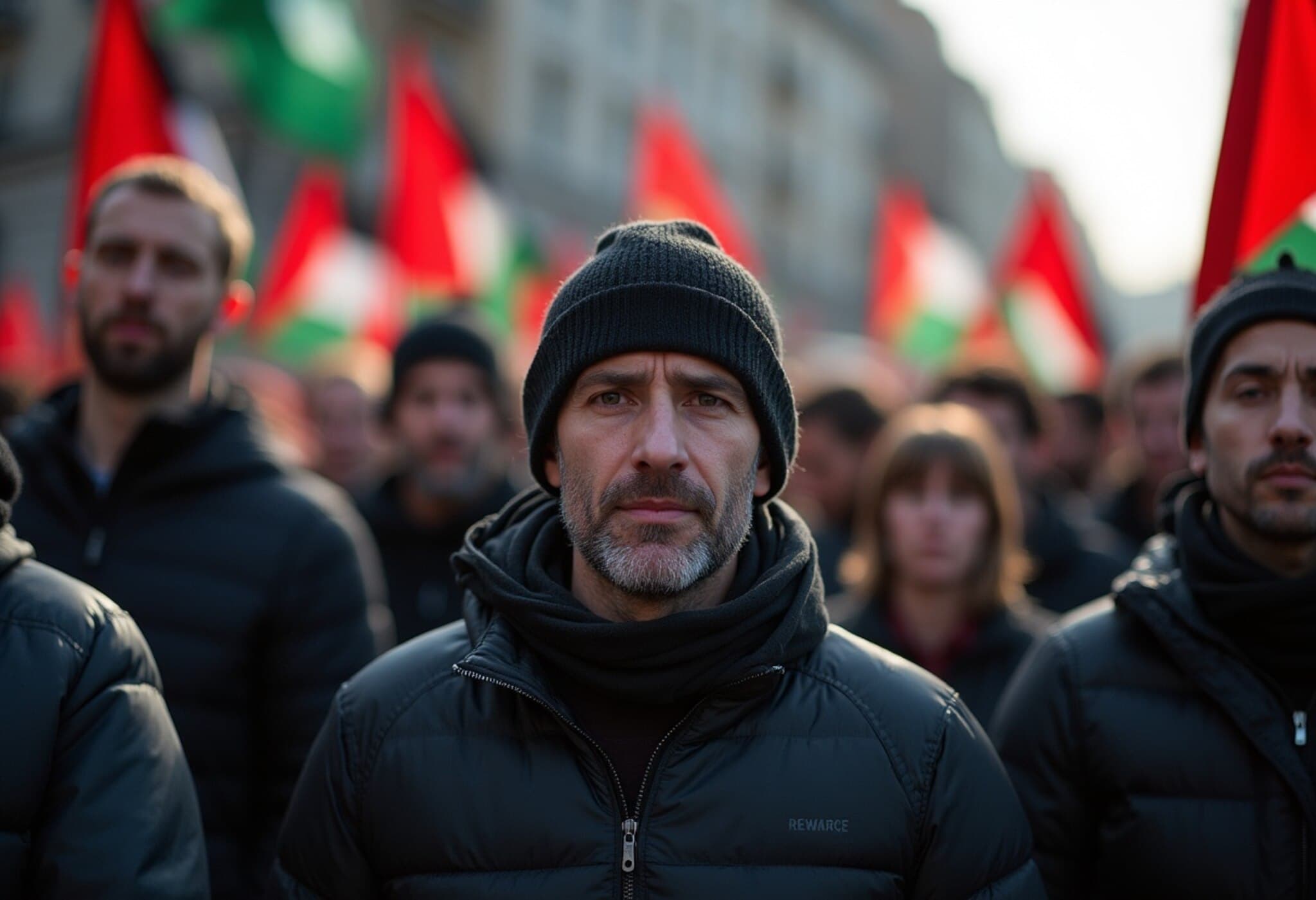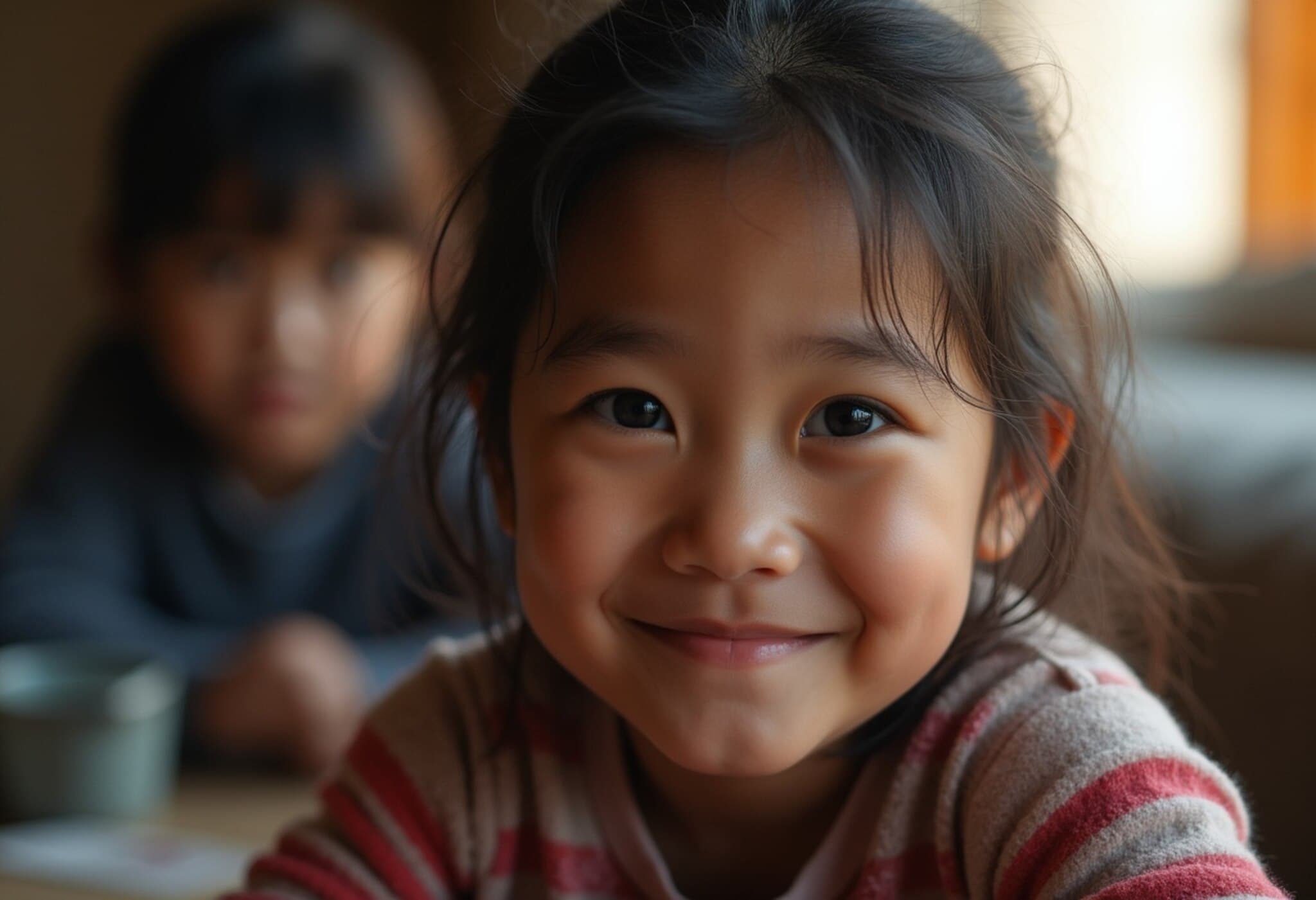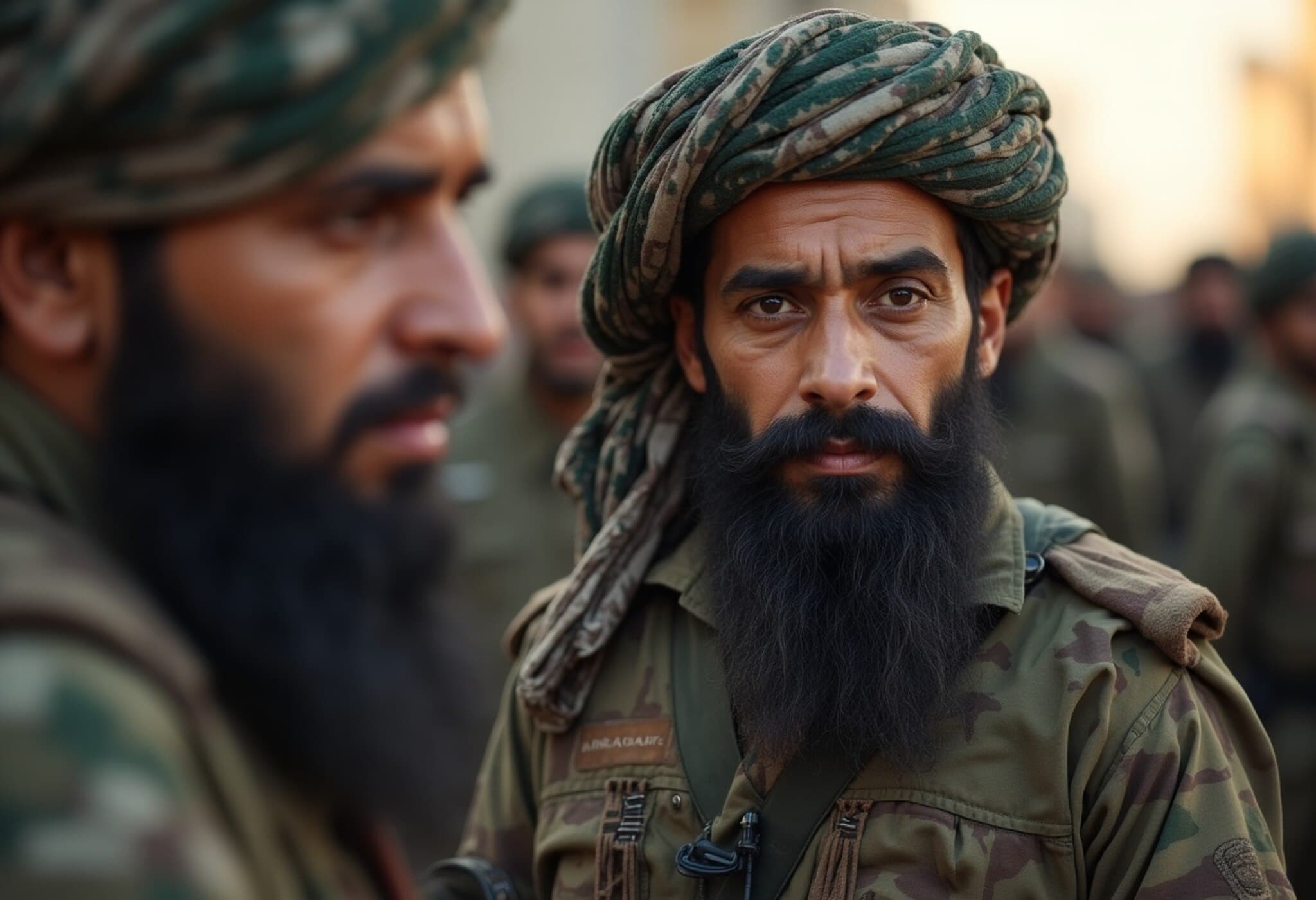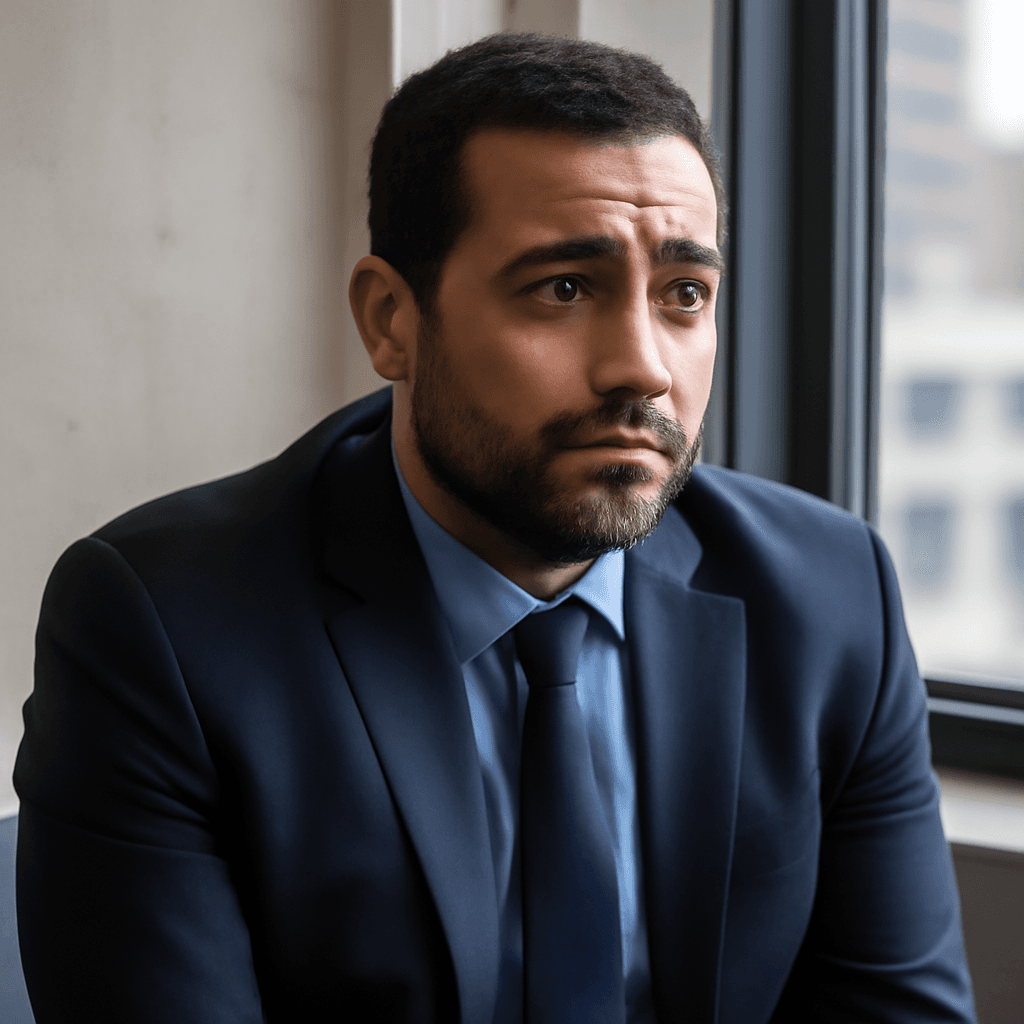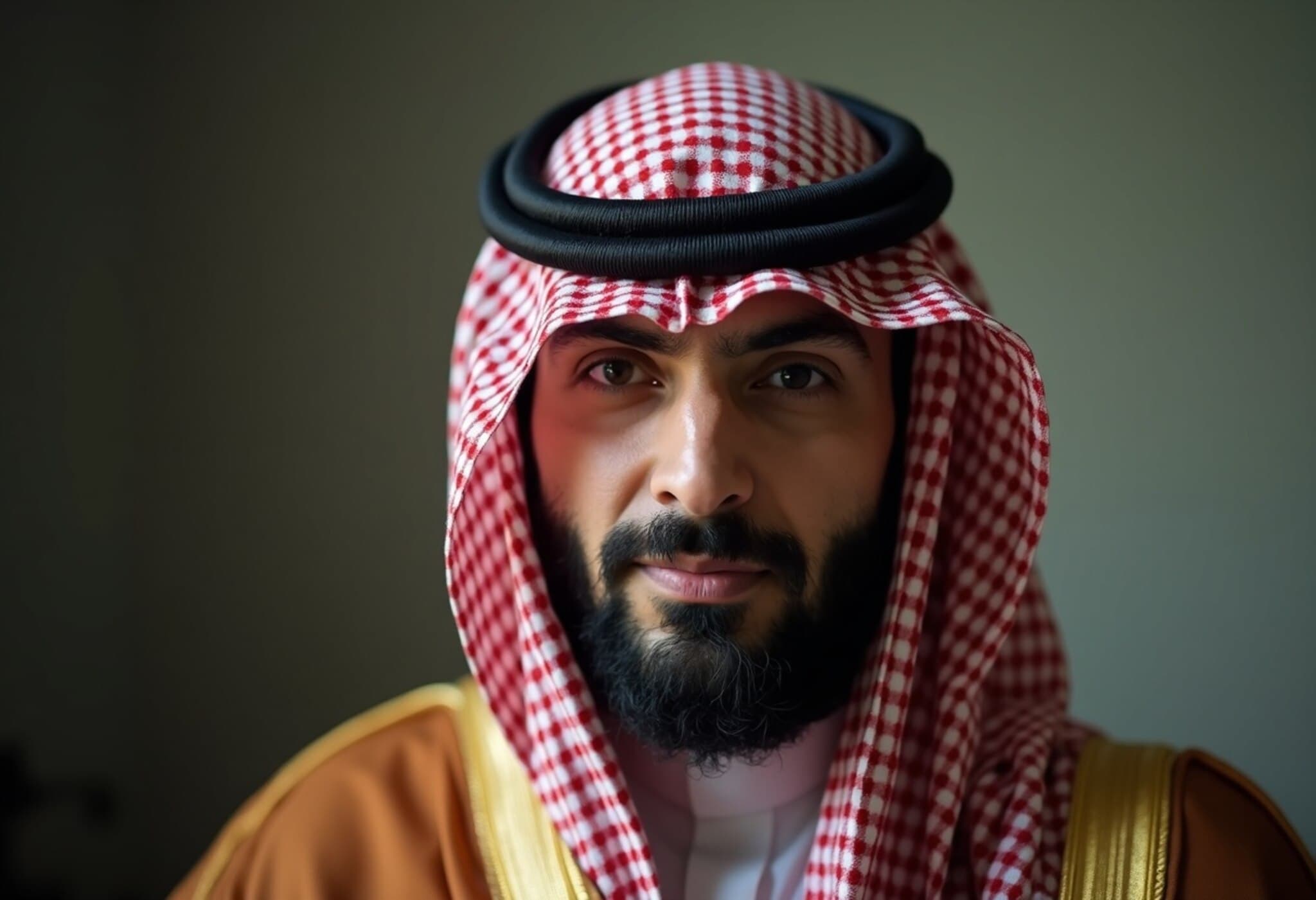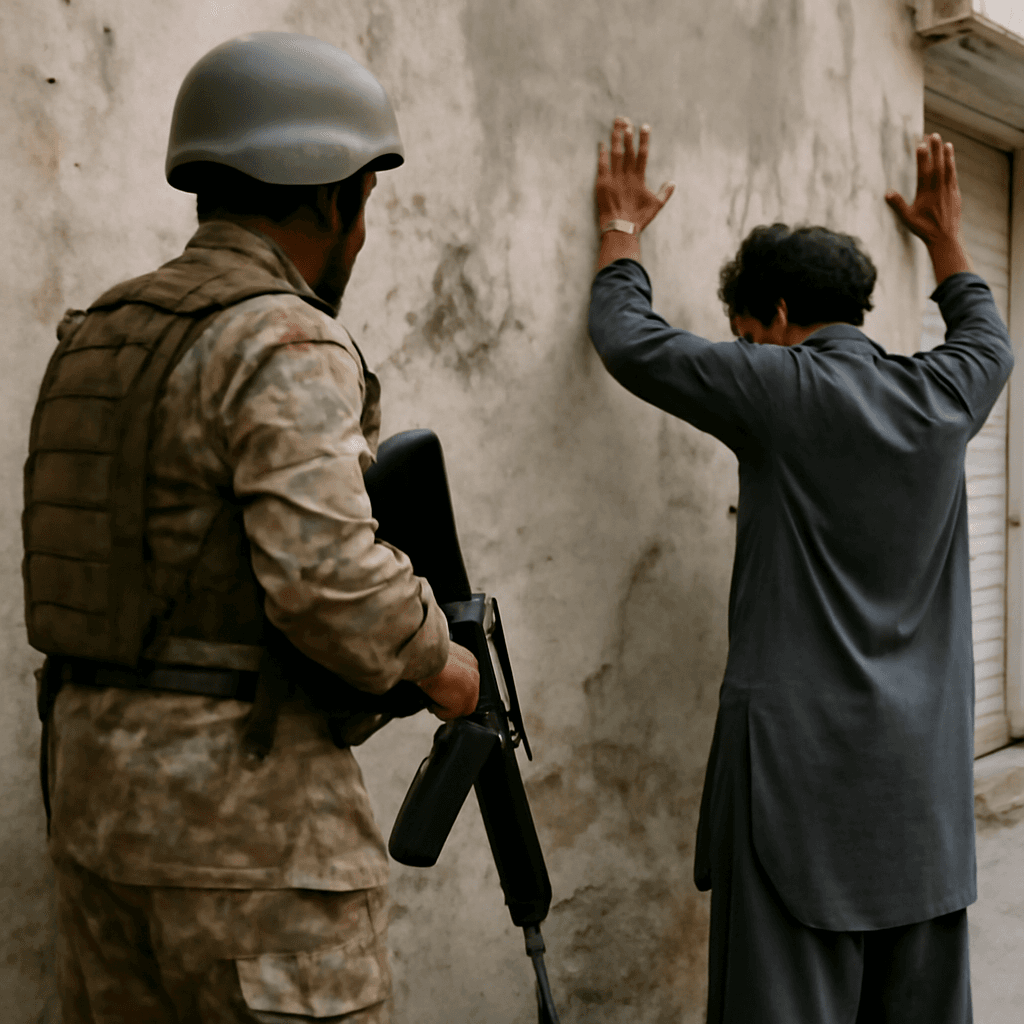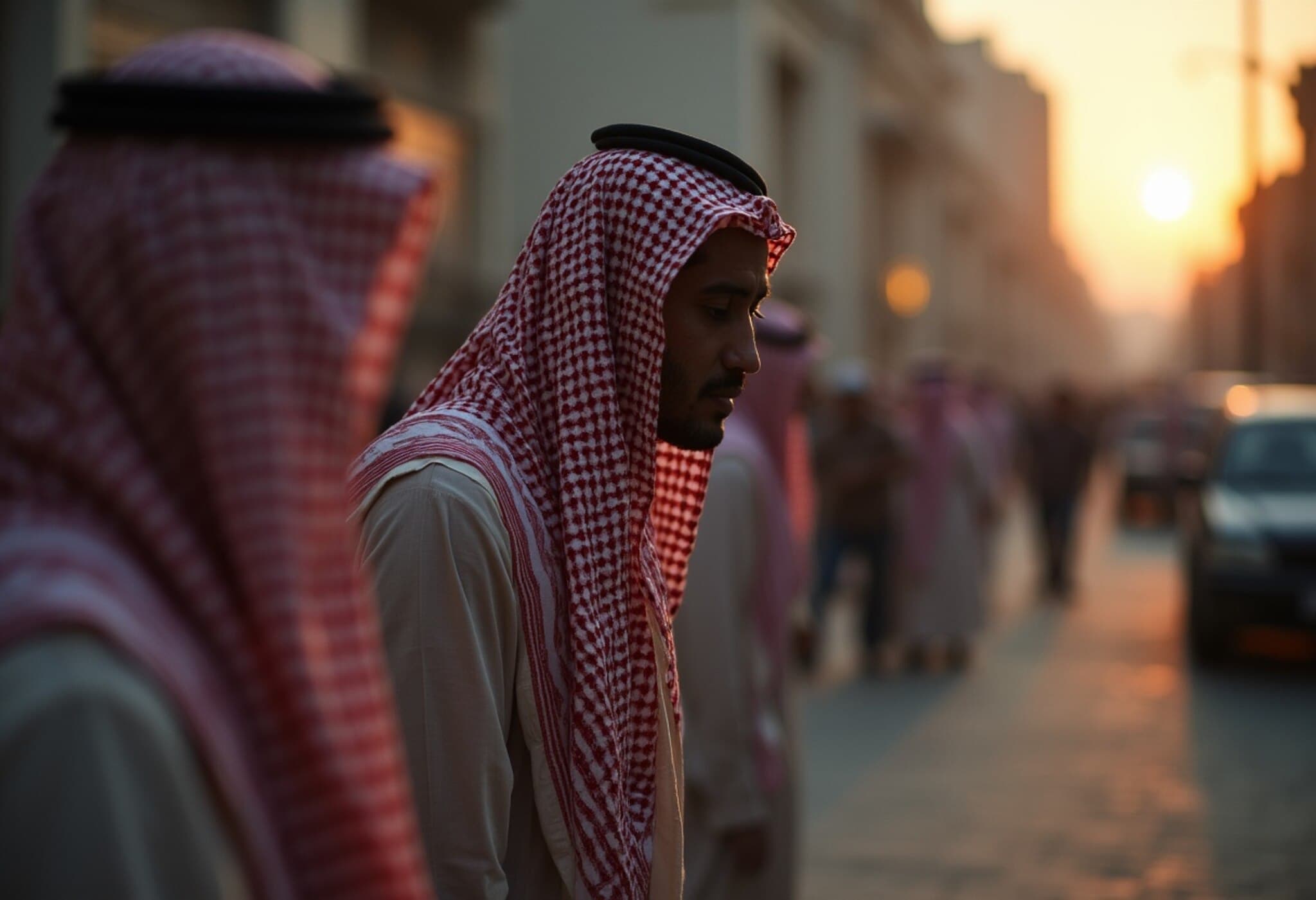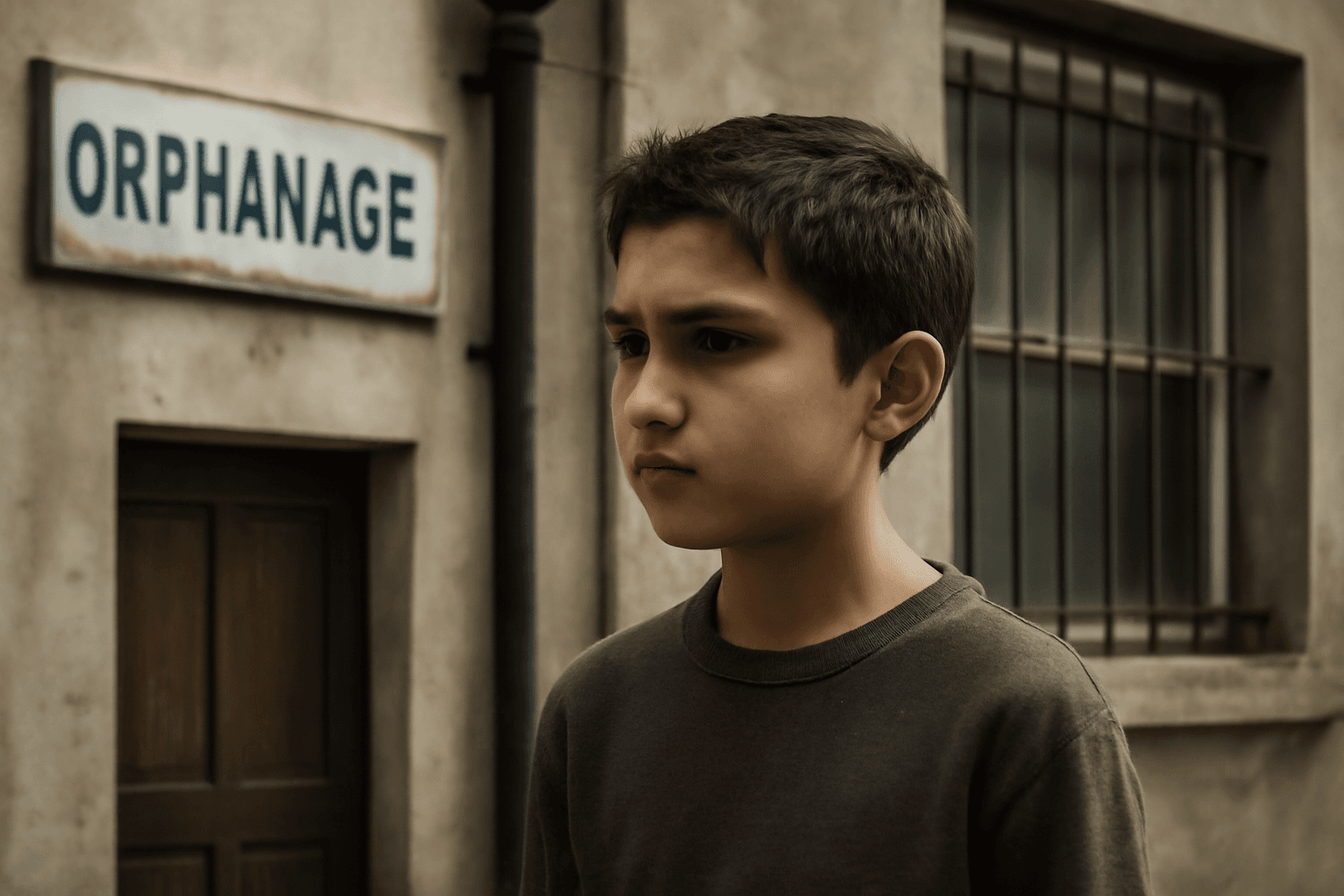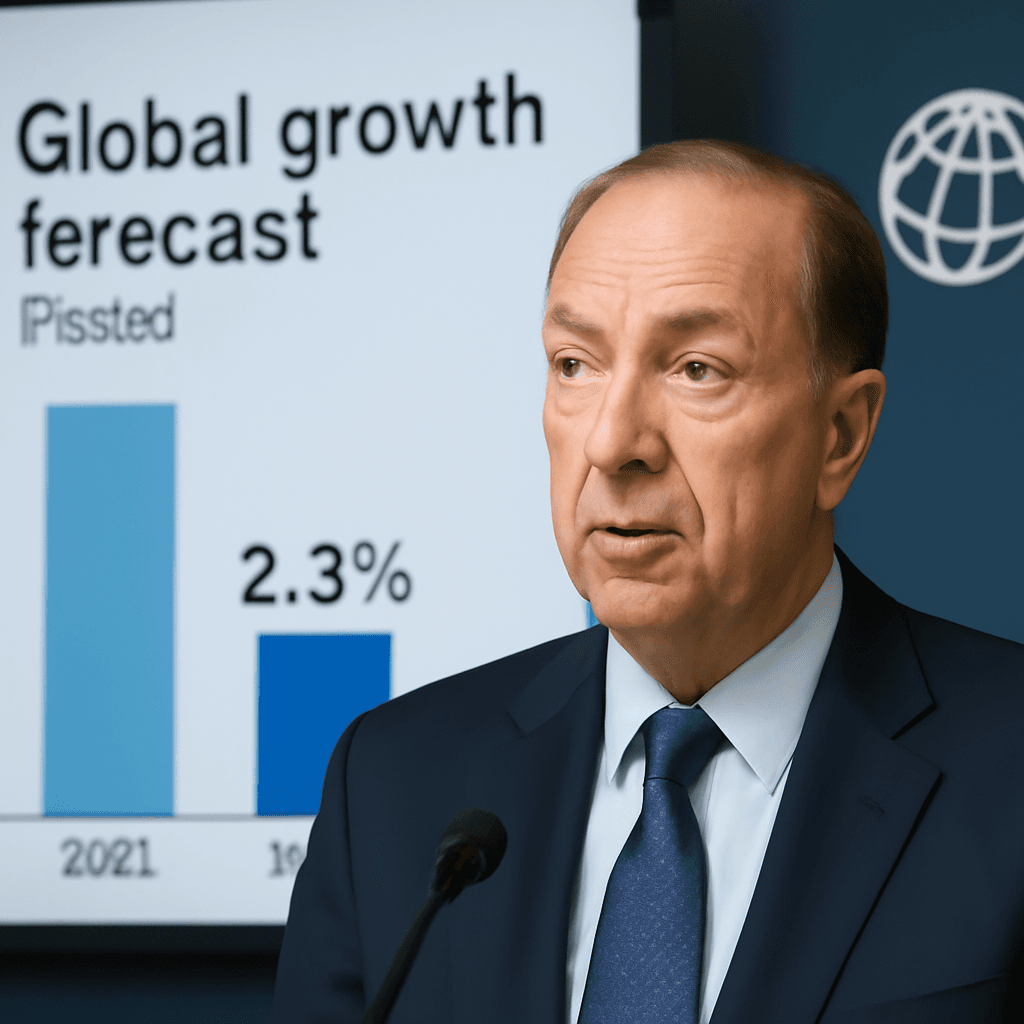World Bank Restores Funding to Uganda Amid Anti-LGBTQ Law Controversy
The World Bank has announced the lifting of a lending freeze previously imposed on Uganda in response to the country's controversial anti-LGBTQ legislation enacted in 2023. The freeze had been put in place following Uganda's passage of one of the world's strictest laws criminalizing homosexuality, which included harsh penalties and, in some cases, the death penalty.
Background of the Lending Freeze
In May 2023, Uganda's president signed the anti-LGBTQ law, prompting the World Bank to halt all new financing projects to the nation. The Bank emphasized that all projects it finances must comply with strict non-discrimination policies, which the Ugandan legislation directly contravened.
Steps Taken to Address Discrimination Concerns
Since the suspension, the World Bank has collaborated closely with the Ugandan government and other local stakeholders to develop and implement measures aimed at preventing discrimination within Bank-funded projects. These mitigation measures have been applied and tested across ongoing initiatives.
"The mitigation measures rolled out over the last several months in all ongoing projects in Uganda are now deemed satisfactory," a World Bank spokesperson said.
Reinstatement of Lending and Future Projects
With these measures in place, the World Bank is preparing new projects targeting sectors with urgent development needs. These proposals will be submitted to the World Bank's board for approval. It has been assured that all forthcoming projects will incorporate the newly established mitigation procedures to uphold inclusivity and non-discrimination.
"The World Bank cannot deliver on its mission to end poverty and boost shared prosperity on a liveable planet unless all people can participate in, and benefit from, the projects we finance," the spokesperson added.
Economic Impact of the Anti-LGBTQ Law on Uganda
Uganda has faced significant financial setbacks due to the anti-LGBTQ legislation and the resulting frozen financing. Estimates indicate that the country has lost between $586 million and $2.4 billion annually as a consequence. These figures highlight the broad economic repercussions of policies that have led to international funding suspensions.
Conclusion
The World Bank's decision to resume lending to Uganda follows comprehensive measures to ensure non-discrimination in funded projects despite challenging legal and social contexts. This move aims to foster inclusive development and support sectors essential for Uganda's progress while upholding human rights standards within its projects.


